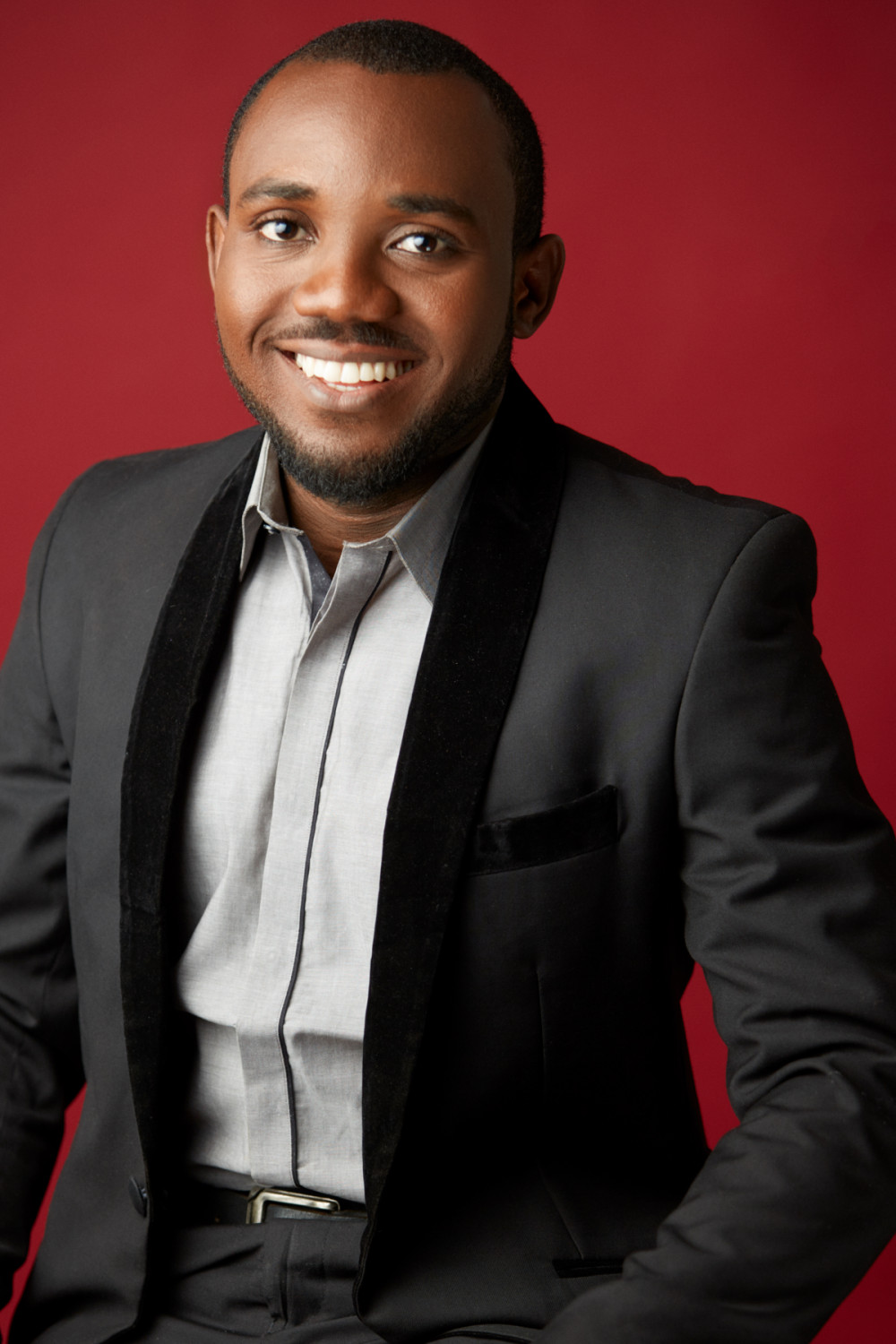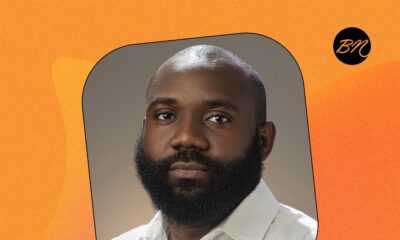Career
#BeInspired Mondays with IK: 4 Ways to Use Silence
“Even fools are thought wise when they keep silent; with their mouths shut, they seem intelligent,” says King Solomon. Although silence does not define wisdom (just like the quoted statement above opines), we can’t ignore the fact that the wise individual knows when to keep quiet and when to speak.
Silence is supposed to be a means to an end, we must learn how to use it, and not avoid it. You know how you put on the TV or stereo while chatting with your friends on WhatsApp because you just want the background noise? Yeah, that’s how we avoid silence.
Here are some ways we can use silence in our personal lives:
Use Silence to Avoid Needless Chatter
If you have nothing to say, say nothing. You are not obliged to make a comment when you have no comment to make. It’s awkward, I know, but it gives everyone an opportunity to process what has just been said so that if anyone is making a comment, it won’t be a “silence-breaker” but something important to the conversation at hand.
Use Silence to Listen
Most times, when people (including you and I) speak, they want to be heard and not necessarily responded to. So, listen, as it is important to the other party.
Let people talk, use facial expressions and body language to acknowledge that you are listening.
Use Silence to be Heard
When someone who speaks less often decides to speak, virtually everyone in the room tend to listen. This should be part of why you keep quiet.
The truth is, while it’s good to be silent, one must not forget to speak up when the need arises, especially in the face of oppression. Many a time, people are waiting for that one person to speak up to encourage them to do same – just like we have seen in the worldwide #MeToo campaign, as well as the #EndSARS campaign in Nigeria.
Use Silence to Reflect & Learn from Yourself
I was never a fan of “listen more, speak less” until I saw it in a different light. The reason why I did not subscribe to that ideology is because I thought: “If we all listen more and speak less, then who will be the ones speaking for us to listen?” The difference between my thought then and now is that, listening more and speaking less doesn’t mean hoarding ideas and while we should speak to share ideas, proffer solutions and teach, we should also listen to learn from others, as well as from our own reflections.
In the end, silence is a tool, not what we use to make people think we are wise.
What other ways can we use silence? What ways do you use silence? Let us know.























